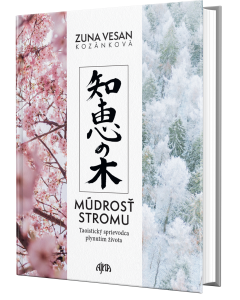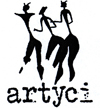 Zuna’s latest book (March 2024)
Zuna’s latest book (March 2024)
Zuna Vesan has been inspired and influenced by Taoist philosophy for over 20 years. During her life in the mountains, she discovered that this wisdom is not only to be found in books and human teachers but is all around us. Her great teachers of Taoism are the trees. Through their life and development, their perfect attunement to the energy of the Earth and the universe, their ability to adapt, and their specific use of time and space, they provide incredibly inspirational messages and wise thoughts.
The book is a dialogue between Zuna and the trees, who initiate her into Taoist philosophy with their personal life experiences, but also the thoughts of human Taoist philosophers such as Lao-tzu, Lie-tzu, Zhuang-tzu and others, and wise sayings from some ancient Chinese medical texts and the oldest canonical book, Yi Jing – The Book of Changes.
The book follows the development of energy throughout the changes of seasons and the life of trees during these periods. It consists of four main parts (spring, summer, autumn, winter), and contains 52 chapters (one chapter for each week of the year). Throughout them, Zuna introduces the reader to basic Taoist ideas through the language of trees, such as yin-yang, Qi energy, or action in non-action (wuwei). She writes about the need to slow down, meditate, the ability to let go and not cling to anything, the importance of true relaxation, the beauty of imperfection, the usefulness of the useless, but also about respect for nature and its wisdom.
The book is full-color, hardbound, with 240 pages. It is available in Slovak only.
„In this book, Taoism converges with quantum theory, where each subatomic particle is simultaneously in its place and in all other places in our world. The book is healing and harmonizing, it is transcendent and reflects back to readers, in which we don’t just see ourselves, but through it, the depth of what we seek in the cosmos is revealed within ourselves. It is a complete gift because it returns us to peace, bringing us back to the Epicurean silence of the soul.“
Professor Anna Hogenová, PhD. Dsc
